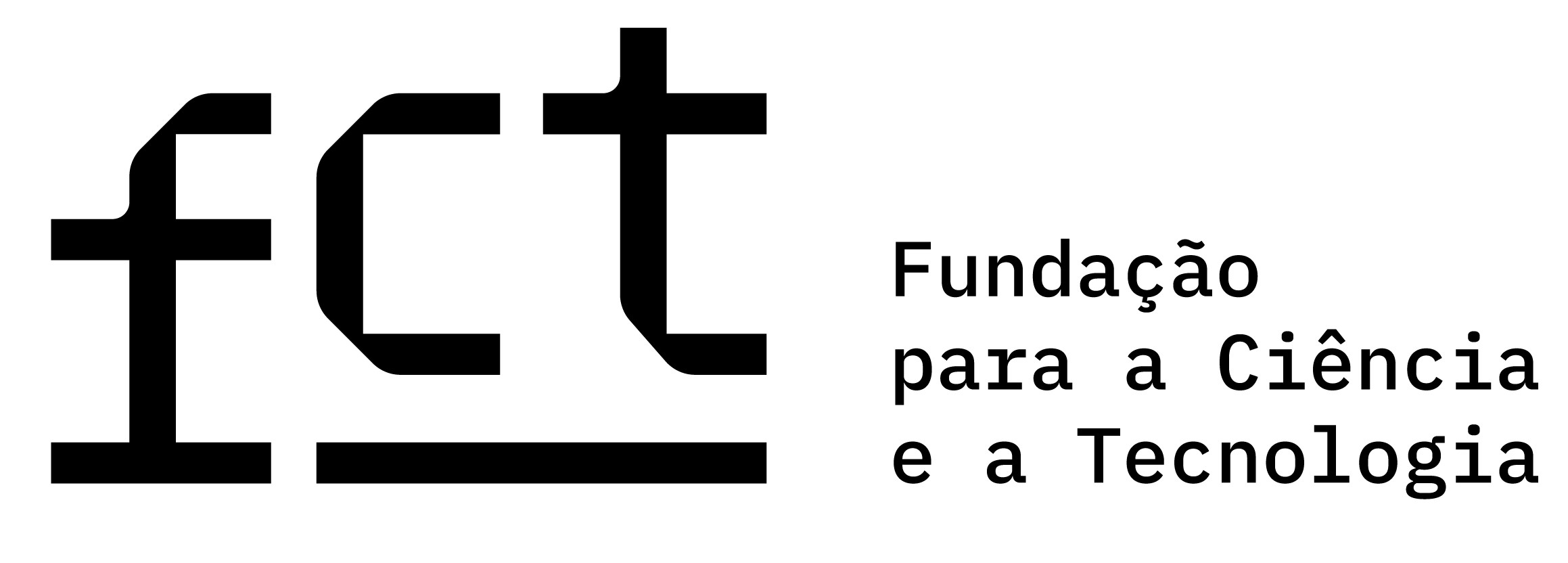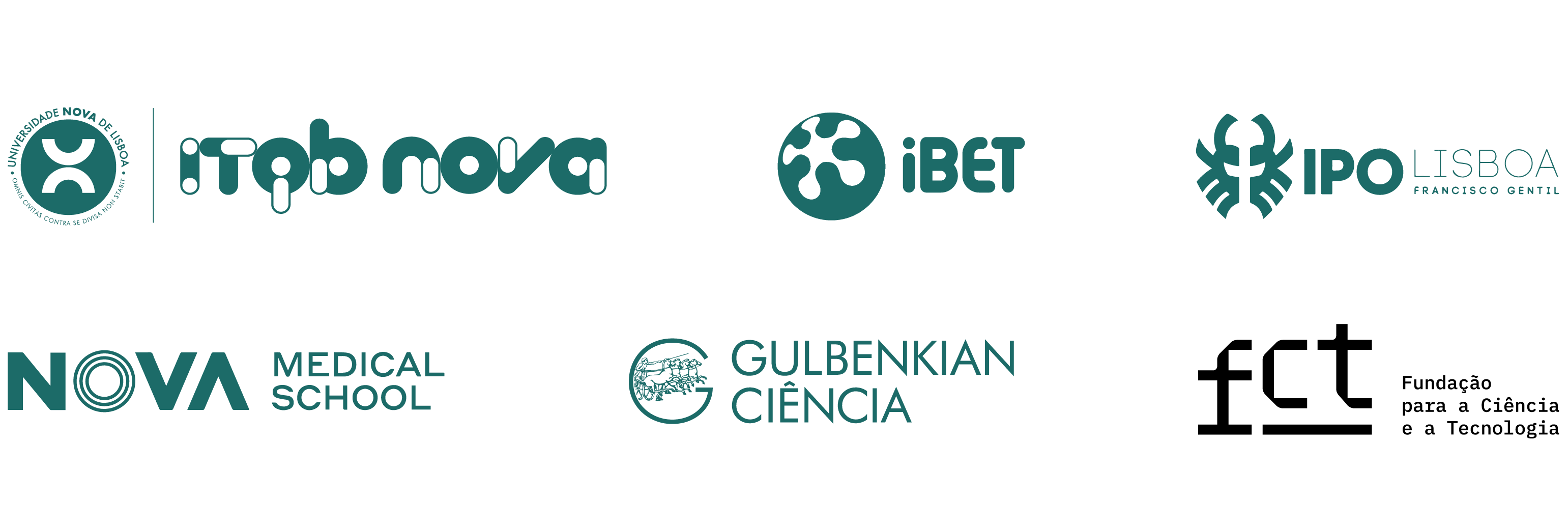What happened at our partners… May 2024 edition
![]()
Researchers publish the largest database of nanomedicines for cancer in the leading journal in the field. A group of researchers, including members of NOVA Medical School, recently published the largest database of nanomedicines for cancer using Artificial Intelligence (AI) in the largest journal in the field – Nature Nanotechnology. The study, entitled “A large-scale machine learning analysis of inorganic nanoparticles in preclinical cancer research”, identifies the main characteristics of inorganic nanoparticles and the experimental design of animal studies that influence tumor reduction.
Read more here.

Hovione and iBET announce the creation of ViSync Technologies, an innovative new company that will develop solutions for unmet needs in cell and gene therapy.
Learn more here.

Inês Cardoso Pereira, Professor at ITQB NOVA, has been awarded the 2024 Alberto Romão Dias Prize by Sociedade Portuguesa de Química (SPQ). The award recognizes the researcher’s “outstanding pioneering work on the study of simple and complex redox metalloenzymes, which has significantly contributed to the recognition of Portuguese science in the field of Bioinorganic Chemistry”.
More information here.

A new image analysis AI platform could boost worldwide research – the platform DL4MicEverywhere, published in Nature Methods, is an innovative open-source platform that offers researchers an easy-to-use gateway to cutting-edge deep learning techniques for bioimage analysis using artificial intelligence (AI). This platform was developed in Ricardo Henriques Lab, at IGC, by Iván Hidalgo-Cenalmor and co-led by Estibaliz Gómez-de-Mariscal and will empower life scientists, regardless of their computational expertise, to harness cutting-edge techniques for biomedical research.
Read more here.

IPOLFG Haematologist and researcher Maria Gomes da Silva is co-author of a clinical trial study promoted by the academic group European Mantle Cell Network (EMCN) aiming to improve the first-line treatment of patients with mantle cell lymphoma (ML). IPOLFG was the only Portuguese institution to take part in this trial, the results of which have now been published in the journal “The Lancet” and promise to transform the treatment of this rare lymphoma and overcome the need for a transplant.
Read more here.





